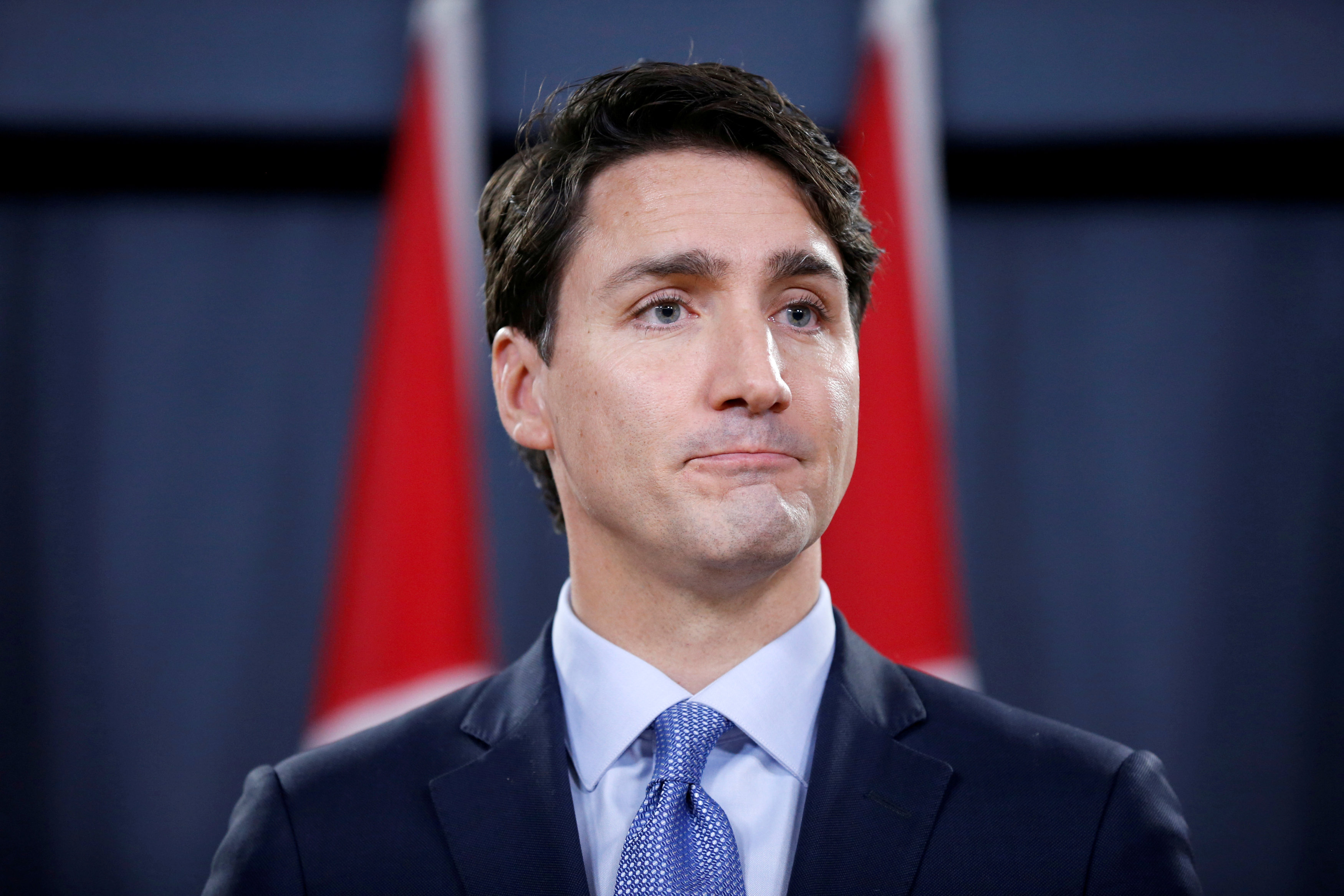Cabinet shuffle creates two indigenous-focused ministries in Canada
The federal government department that is responsible for indigenous peoples and Canada’s north is being split in two, in the largest cabinet shuffle since the Liberal Government came into power in 2015.
Indigenous and Northern Affairs Canada will look dramatically different in the coming weeks and months. This federal government department will now be broken into two separate ministries, each focusing on its own set of issues. This comes on the heels of a cabinet shuffle.
Carolyn Bennett, who has been the Minister of Indigenous and Northern Affairs since the new government took power in 2015, will become Minister of Crown-Indigenous Relations and Northern Affairs, while Jane Philpott, formerly Minister of Health, will assume the newly created title of Minister of Indigenous Services.

The Ministry of Crown-Indigenous Relations and Northern Affairs will focus on the longer-term policy shaping of a nation-to-nation relationship. Indigenous service will focus, Prime Minister Justin Trudeau said, on “concrete delivery of services, whether it is ending boil water advisories, delivering on housing or mental health or health supports to Indigenous communities that are desperate need of closing the gap.”
A statement released from the Prime Minister’s office focused on how important building a new relationship with Indigenous Peoples is for the government and that this relationship building could no longer be done using the colonialist structure of INAC. The statement said,”to put it plainly, the level of the ambition of this government cannot be achieved through existing colonial structures.” The idea of creating new structures to build a new relationship comes from the Royal Commission on Aboriginal Peoples established in 1992, which released its final report in 1996. “[RCAP] recommended that we dramatically improve the delivery of services while accelerating a move to self-government and self-determination of Indigenous Peoples. One mechanism to achieve this was the dissolution of INAC and the creation of two new ministries to facilitate this work.”
Indigenous Peoples from across the country seem cautiously optimistic. Judy Wilson-Raybould, the Minister of Justice and a former regional Chief of the B.C. First Nations, was very supportive with a tweet that commented it was a long-overdue process to dissolve INAC and replace it with new machinery of government.
Perry Bellegarde, the Assembly of First Nations National Chief said in a statement that, “Today’s announcement of a minister of Crown-Indigenous Relations and Northern Affairs and a minister of Indigenous Services signals a new approach to increasing action across our agenda.” Yet the Native Women’s Association of Canada was more skeptical. Their President, Francyne D. Joe, said in a press release, “The Government of Canada has prioritized its needs by creating two new departments without the free, prior, and informed consent of Indigenous women.”
The day-to-day realities of how this will not only affect Indigenous Peoples in Canada, but Northerners remains unclear. Natan Obed, the head of Inuit Tapiriit Kanatami (a national organization that represents the rights of 60,000 Inuit), said, “Without more detailed information it is unclear what these changes will mean for Inuit.”
However he did comment, “I am hopeful that the new direction will result in improved communication with Inuit and responsiveness to Inuit needs and priorities.” Michael McLeod, a Liberal Member of Parliament for the Northwest Territories (NWT), commented to the CBC, “I think we’re going to start to see even faster progress. Now with two ministers focussed on this department, things can only go better.”